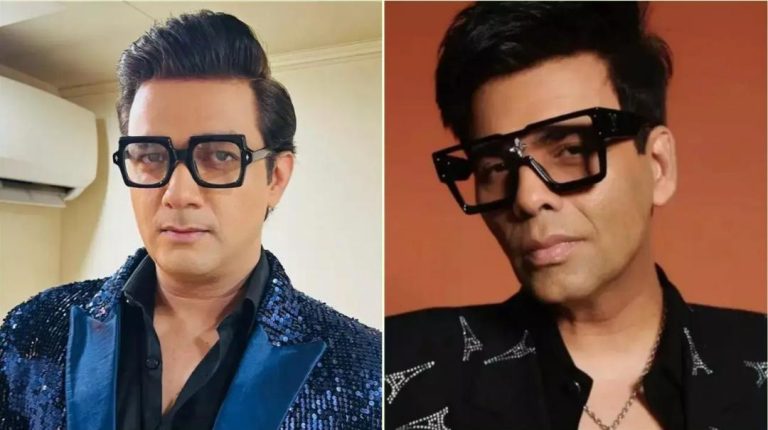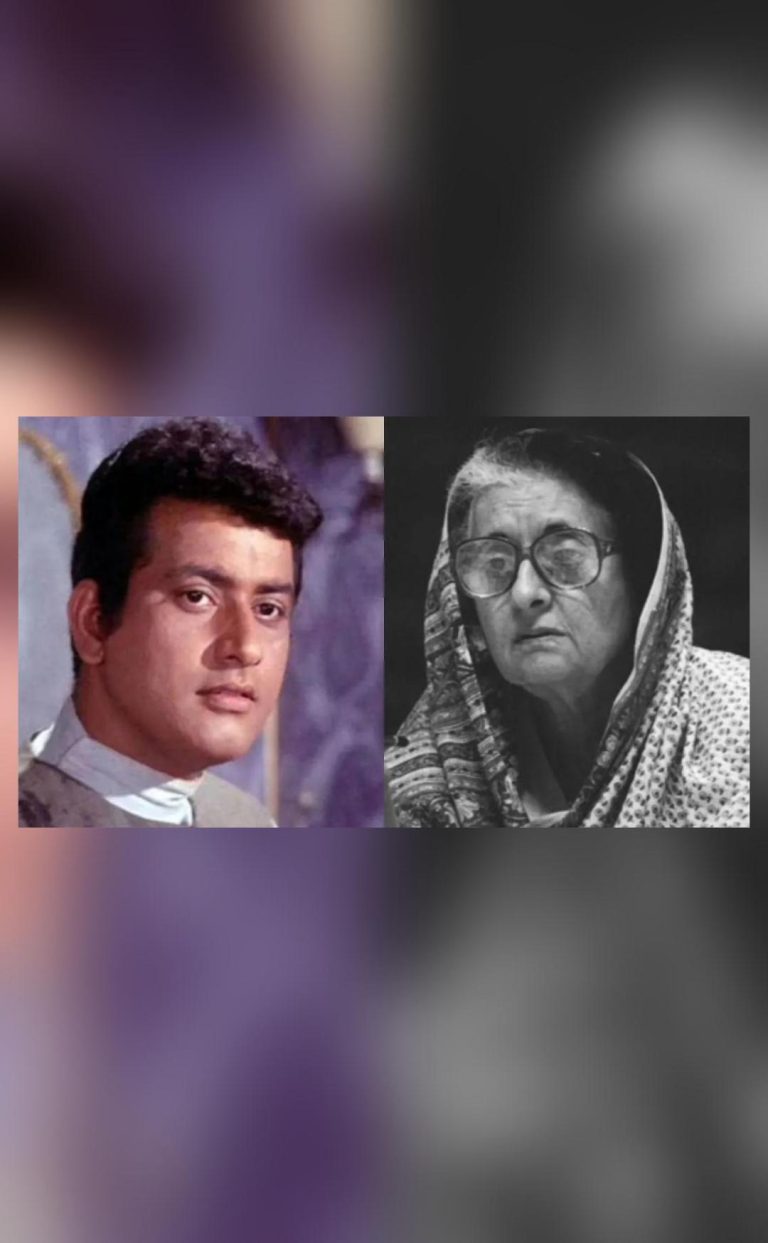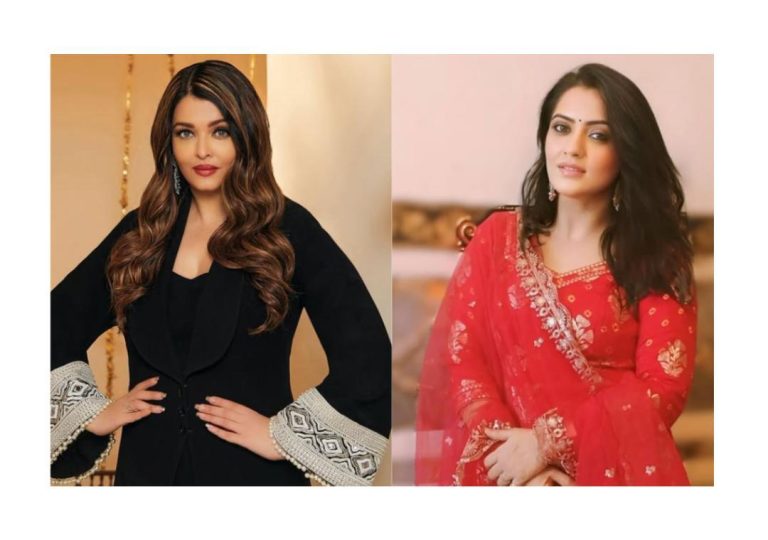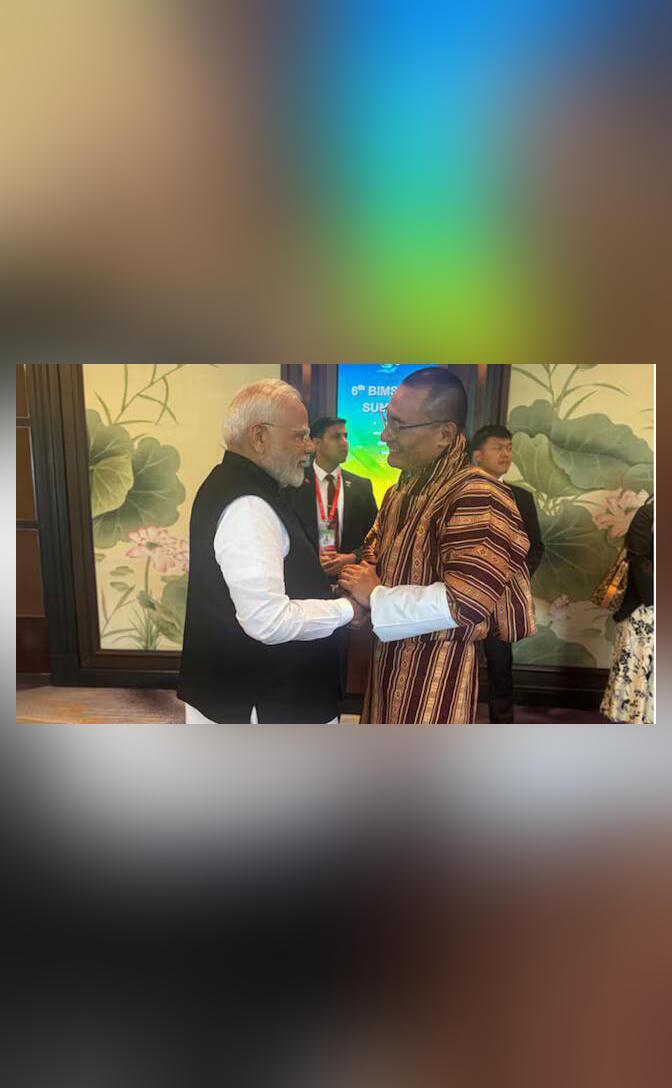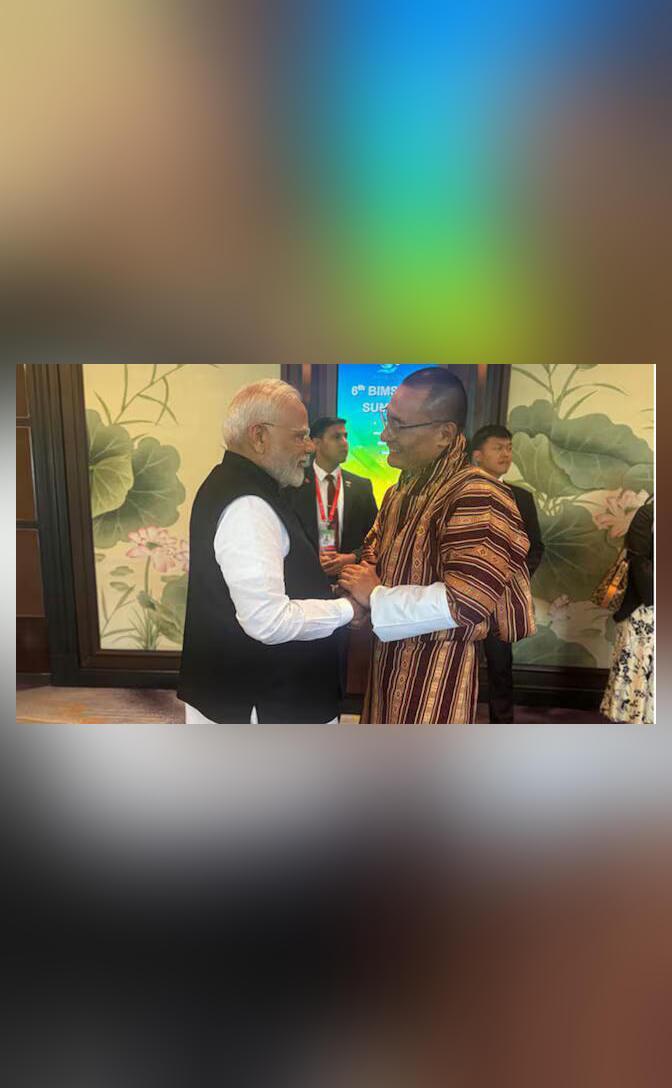
Elvish Criticised Over ‘Racist’ Remark Against Chum, He Responds
Reality TV shows have always been a hotbed of controversy, and the latest season of Bigg Boss 18 is no exception. The latest controversy has erupted over a comment made by Bigg Boss OTT 2 winner Elvish Yadav, who has been accused of making a racist remark against Chum Darang, a contestant on the show. Elvish has since responded to the backlash, claiming that his comment was misinterpreted and blown out of proportion.
The controversy began when Elvish made a comment on the show, which many interpreted as a racist remark. The comment was picked up by social media users, who were quick to condemn Elvish’s words. The backlash was swift and severe, with many calling for Elvish to be held accountable for his actions.
However, Elvish has now spoken out to defend himself, claiming that his comment was taken out of context and that he never intended to offend anyone. In an interview, Elvish said, “If anyone felt bad because of what I said, then brother, I have removed that part. People are unnecessarily twisting my words.”
Elvish also claimed that he has always been a strong supporter of diversity and inclusivity, and that his comment was not intended to be racist. He said, “I have always spoken against racism and discrimination. I have always been a strong supporter of diversity and inclusivity. My comment was not intended to be racist, and I apologize if it was taken that way.”
The controversy has sparked a wider debate about racism and discrimination in the entertainment industry. Many have spoken out in support of Chum Darang, who has been the subject of online harassment and abuse in the wake of Elvish’s comment.
The incident has also raised questions about the role of reality TV shows in perpetuating racism and discrimination. Reality TV shows have always been accused of perpetuating negative stereotypes and reinforcing harmful attitudes towards marginalized communities. The Elvish-Chum controversy is just the latest example of how reality TV shows can be used to promote harmful and offensive content.
In conclusion, the Elvish-Chum controversy is a stark reminder of the importance of responsible behavior and respectful communication in the entertainment industry. Reality TV shows have the power to shape public opinion and promote positive change, but they also have the potential to perpetuate harmful and offensive content. It is up to all of us to speak out against racism and discrimination, and to promote diversity and inclusivity in all aspects of our lives.
Source:
